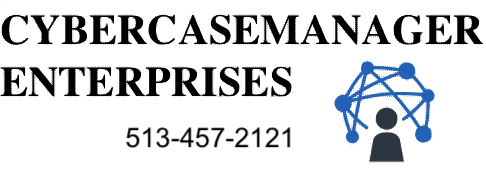Why is a Charter so important to a Community of Practice?
One of the most important elements for a successful community of practice is the Charter. But why is this?
Setting up an online Community of Practice can sometimes feel like going out to sea in an open boat. You are never sure what is going to happen. There are lots of unseen forces out there. All will be well if things are calm, but what if things get stormy? How will you cope with bad behaviour, or with apathy? Will you, and the community, become overwhelmed, or swamped?
These are valid worries. As I explained in this post, there is something about online dynamics that means that sooner or later, things will start to degenerate, and conversation becomes trivial, argumentative, entrenched or off-topic to an extent that the community cannot deliver its purpose. This is where the Charter comes in.
Our KM surveys identified the community charter as one of the items that made most difference to the effectiveness of a CoP (see chart above). When group dynamics start to degenerate, the CoP leader can use the charter as a reference point and a definition of the agreed ways of working in the CoP – the unofficial “rules of engagement” if you like. It can be used as a reminder of how the CoP members collectively decided how they want to work together, and as a touchstone for community culture.
So some of the early activities you need to set up to safeguard the life of the community are as follows:
1) Agree a charter, or “rules of engagement”. This should cover the aims and objectives for the community, the roles and processes that will be employed, and also the behaviours the community members expect of each other. The great things about the charter are that firstly the new community members are clear about “what they are joining”, and secondly the community sets boundaries so that it is clear when people stray beyond them. The charter should be a foundational document for any community, and it acts as a shield against things going wrong.
2) Appoint a facilitator, or moderator. This person is appointed by the community, to help it run well. The facilitator is not a dictator, nor a policeman, and is the oil in the community wheels, and the social energy source for the community. However if serious trouble arises (flame wars, insults, spam, persistent off-topic material) the facilitator is the person who deals with it on behalf of the community; initially by reminding the offender of the charter, and at a last resort removing offending posts or even asking the offender to leave the community.
3) Regularly revisit the charter, and check that the community is working well, and adding value to the members. If the charter needs tweaking, then call a meeting of the community to rewrite it, or conduct an online discussion.
Tags: Archive, communities of practice


Leave a Reply